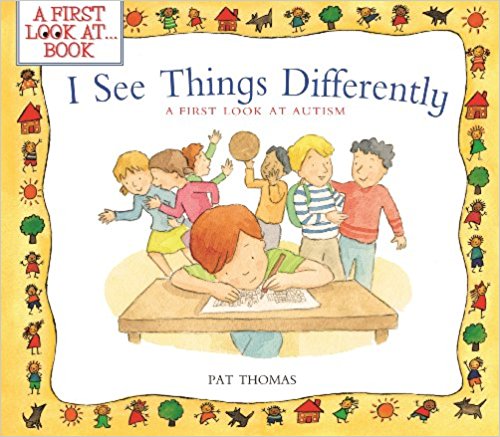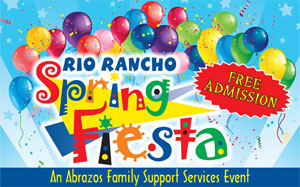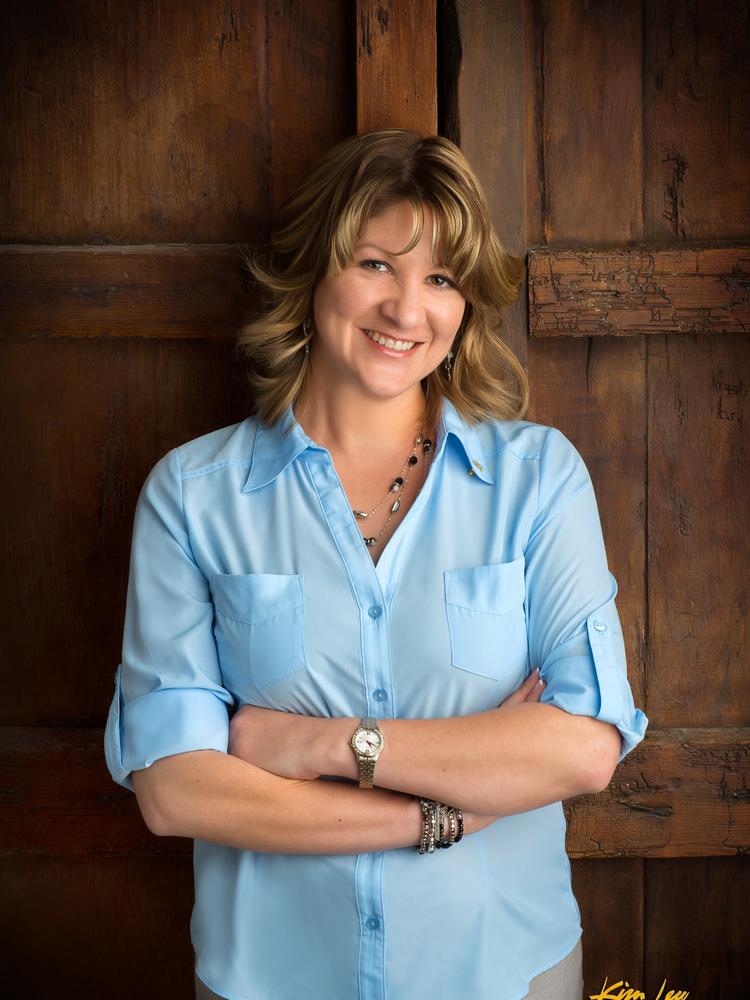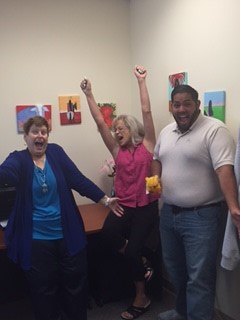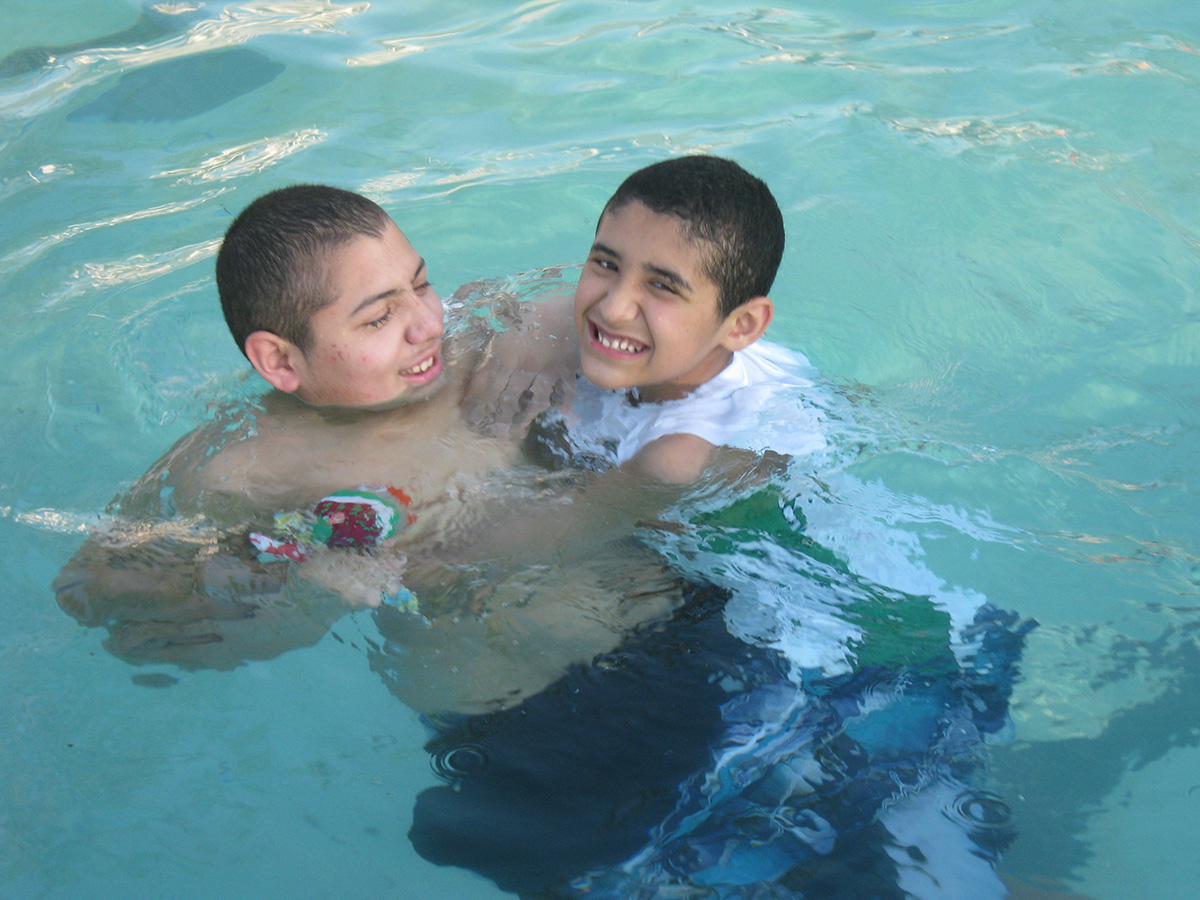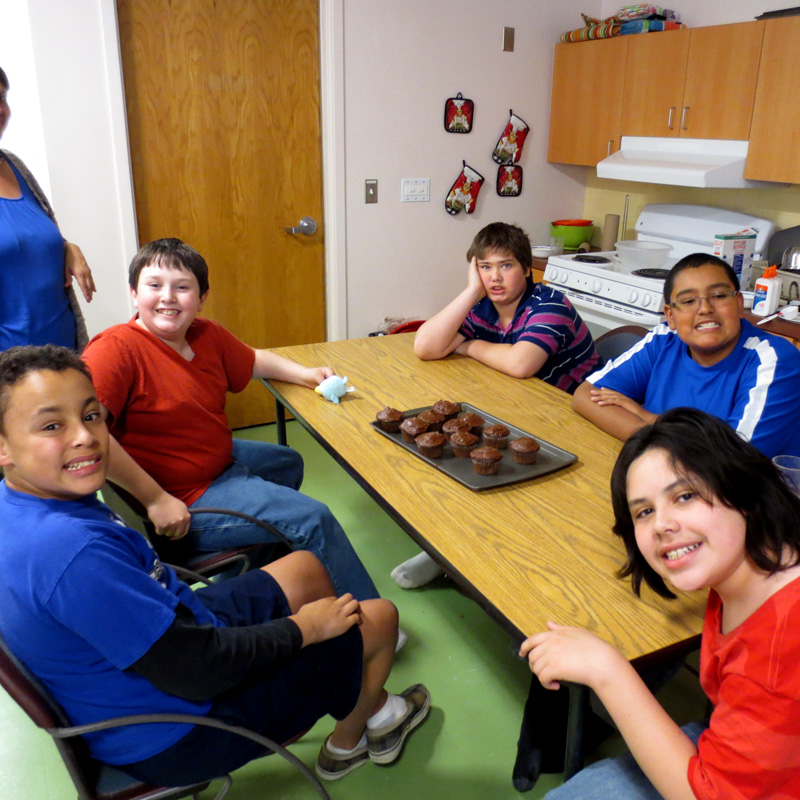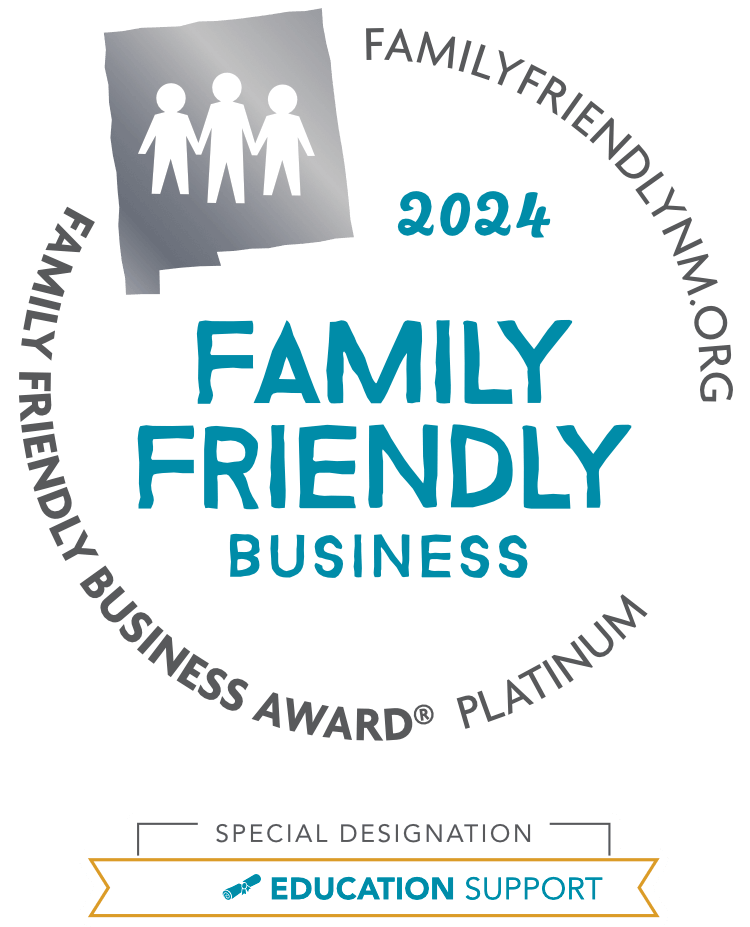We were very fortunate recently to be able to interview Pat Thomas who is the author of “Don’t Call Me Special” and “I See Things Differently” as well as many other books. “Don’t Call Me Special” is delightful picture book explores questions and concerns about physical disabilities in a simple and reassuring way. Meanwhile “I See Things Differently” will help children understand what autism is and how it affects someone who has it.
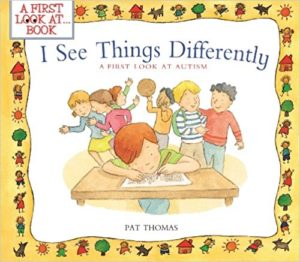
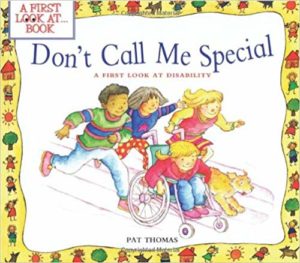
Can you start off by telling us a little about yourself?
I was born in California but have made London my home for more than 30 years now. I am an author and journalist. I’ve spent most of my professional life in the field of health and environment. I have also written many non-fiction books for adults to help empower them to take action on health and environmental issues. But the First Look at… series which I began writing when my son was very young now has 30 titles in it, which is just mind blowing to me! A lot of the books grew out of conversations that I had with my own son about tough issues and so they have a very personal meaning for me and the series is one my proudest achievements. It’s a cliché, but I truly believe that children are the future and that we owe it to them to help them to be confident, to remain curious and to try and understand the world around them in a compassionate way. Growing up is fraught with all kinds of challenges and my hope was to provide a resource that parents and kids could share as they explore these challenges together.
It says on your website that you hold a diploma in psychotherapy and counselling. Can you tell us a little more about that? Is that like a master’s degree or a doctoral degree in the U.S.?
I have always had an interest in what lies beneath the surface of human behavior. Some of that came out in my work as a features journalist, particularly when interviewing people, but it has been very helpful as an investigative journalist. There was a point in my career when I realized that I wanted to understand these things more formally and so I undertook a 3-year training as a psychotherapist and gained my diploma at an independent centre in London. I ran a small private practice for a while – working mostly with clients who had experienced childhood trauma of one kind or another. I don’t practice anymore but that interest in human nature, in what makes us tick, and how we respond to challenges, and how we connect with each other remains very strong and still informs my work.
What inspired you to write “Don’t Call Me Special” and “I See Things Differently?”
A lot of people ask if my own son is autistic. He’s not but we were very lucky that the primary school which he attended was very inclusive. There were children of all backgrounds, ethnicities and abilities and the teachers were so inspiring in the way they worked with each child to ensure they had the best possible experience from a young age. They also worked hard to help the all children understand and get along with each other. The school had some of my earlier volumes in its library and in talking to the teachers it was clear that it could be useful to have books on these subjects that kids could read independently or with a parent, caregiver or teacher that followed the format of the other First look ats… and tried to take a sensitive and inclusive look at subjects like autism and disability.
What do parents of children with disabilities or autism say about the books? What do teachers say? What has been the best experience or feedback you have received from teachers, families, or children who have read the books?
I often don’t get direct feedback on the books. As an author, when you write a book you mostly have to cross your fingers and just hope that it gets out there and that it helps someone in some way. Also the First Look at…series has been translated into many languages so there are parents in places like Spain, Italy Greece and elsewhere whose experience of the books I will never know about.
Occasionally people contact me through my website to say thank you and it is such a great feeling to know that something I did made a small difference in someone’s life. Certainly the reviews have been very kind and encouraging and one thing that has amazed me with these two books is the number of YouTube videos of people reading them! This has happened with a few other books in the series too and is a relatively new phenomenon. It’s really extraordinary to see and hear the books being read by parents and caregivers and to think that people found the books useful enough to take the time to make a little video of them reading!
Generally, the books in the First Look at… series have been really well received and I’m always amazed where they turn up. One evening I was sitting at home watching the Daily Show with Jon Stewart when he held up Everyone Matters as part of a bit he was doing! The thrust was that a politician had said that Jon was someone who didn’t really matter and he held up the book and said “You lied to me book! You lied!” Which was entirely random and very funny to see. A few months ago, I got a text from my son to tell me that the BBC news was showing I Miss You – A first Look at Death on the news as part of a piece on how to talk to kids about death. I never know where they are going to pop up and when people like yourselves will contact me about them! I haven’t had any experiences like that with Don’t Call Me Special and I See Things Differently yet – but who knows, watch this space as they say!
What are your thoughts on the debate around the terminology of autism? Some people have said it’s better to say, “has autism” where others say they prefer to say they “are autistic.” More recently, some people have chosen to say, “on the autism spectrum.”
The question of terminology is always tricky. I’m tempted to say that the wide range of language used to describe autism is often of greater service to the person speaking than the person being spoken about. Healthcare providers, for instance, may have a different experience of autism than a parent and their choice of language reflects that. What is often missing is the voice of the autistic person. Of all the ways of referring to autism I suppose for me “has autism” is the one I think of as least helpful because in some – but not all – contexts it suggests that rather like having a cold or a headache that there is a ‘fix’. I think for many people with autism, having autism is part of who they are and will always be. The most helpful thing may be to choose our words on a case-by-case basis according to what works for the person with autism who, if at all possible, should have the final say.
We have several teens in our program that are interested in writing and drawing. What advice would you give to them about becoming an author or an illustrator?
Always write from the heart. There will be lots of people with lots of advice about how you should write or draw and it can be useful to listen to it and take whatever is relevant to you from it. But in the end, if you are going to create something it must come from what is inside you and be an extension of who you are. Trust that what is inside of you is unique and that your unique voice and vision has something to contribute to the world and then go for it!
If you would like to purchase Pat’s books, you can find them on Amazon.com. Don’t forget to choose Abrazos Family Support Services as your charity and we will get small donation. You can read more about Pat Thomas and her books on Howl at the Moon.
Additionally, Barron’s Educational Series has graciously donated several copies of the books. We will be using these as giveaways so be sure to sign up for our newsletter and/or follow us on Facebook for a chance to win one!

